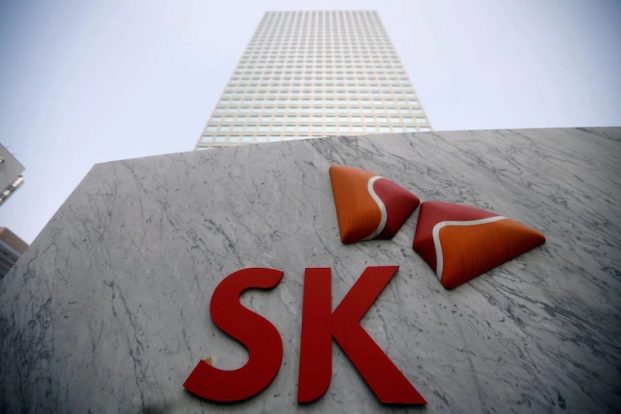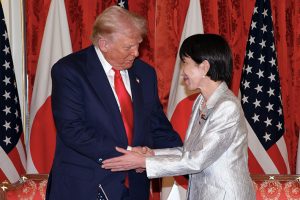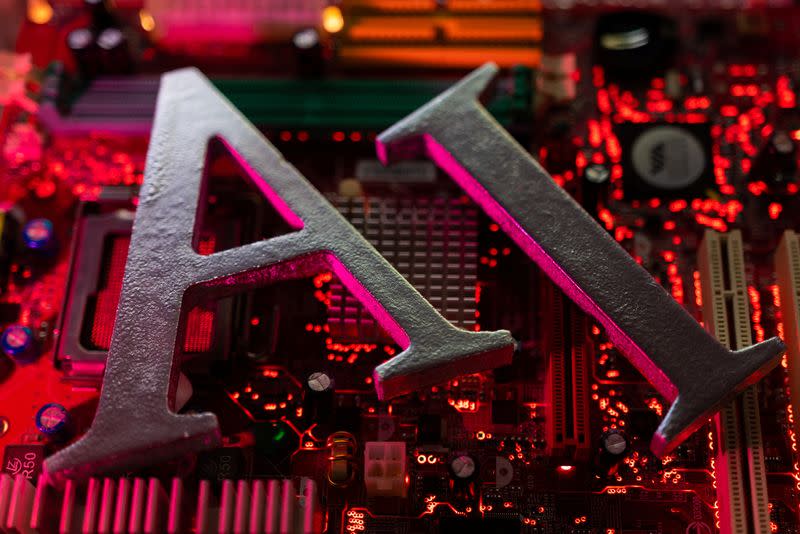South Korean battery makers have appealed to the US government to rethink its new US EV tax credit rules which they say are unrealistic and potentially damaging to an already brittle supply chain.
LG Energy Solution Ltd (LGES), SK Innovation’s SK On and Samsung SDI Co Ltd have warned Washington not to hold the sector to “impossible requirements” in comments submitted to the US Internal Revenue Service (IRS).
Under the new EV rules, to be implemented from January 1, 2023, at least 40% of the value of critical minerals for batteries need to be from the United States or an American free-trade partner for manufacturers to qualify for US tax credits. That will gradually rise to 80% in 2027.
Also on AF: Bangladesh Agrees $4.5 Billion Bailout Deal With IMF
“It is extremely difficult to build most clean energy technologies, including EV batteries in the United States, without using certain foreign-made parts and, specifically, raw materials extracted or processed in China,” LGES said.
LGES added in its comment that transforming the supply chain cannot occur “overnight” and urged the United States not to hold the industry to “impossible requirements and timelines”.
LGES, SK On and Samsung SDI, three major South Korean battery makers that supply to automakers such as Tesla Inc, General Motors Co and Ford Motor Co among others, together command more than a quarter of the global EV battery market, according to SNE Research.
SK On echoed the concerns. “A limited interpretation would also risk unintended market outcomes, such as sudden price hikes for suppliers in specific countries, and unnecessarily concentrate processing in limited places,” SK On said.
“Such market distortions could create artificial costs and barriers along the supply chain.”
Supply Chain Flexibility Plea
Samsung SDI also urged the United States to implement rules that allow flexibility to meet supply chain requirements, adding that automotive supply chain contracts often last several years.
LGES has also asked the United States to establish a confidential process to share battery composition, pricing and sourcing information with the Treasury Department to ensure that such sensitive information is not disclosed to competitors.
The US Treasury and IRS started seeking public comment on the new law last month. A total of 821 comments from automakers, parts makers as well as foreign governments have been submitted to the IRS.
- Reuters with additional editing by Sean O’Meara
Read more:
Seoul Seeks Exemption so EV Makers Get US Tax Credits
Japan Warns US of Possible Jobs Hit From EV Tax Credit Rules
Auto CEOs Call on US Congress to Increase EV Tax Credit Limit
























